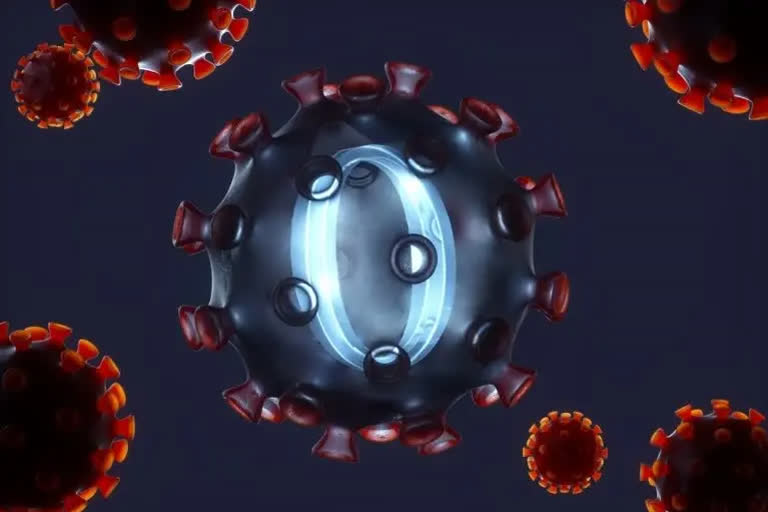New Delhi:With the Omicron variant of coronavirus slowly spreading its tentacles in the country, a number of states enhanced surveillance to trace, track and quarantine contacts of COVID-19 positive persons while Delhi began genome sequencing of samples of all infected people and has prohibited Christmas and New Year gatherings.
Haryana also imposed some curbs in public places from January 1.
India has so far recorded close to 250 cases of Omicron across 15 states and union territories even though at least 90 of the infected people have either recovered or migrated.
Amid fresh concerns caused by the Omicron variant, Prime Minister Narendra Modi will hold a meeting on the COVID-19 situation in the country on Thursday.
Official sources said Modi will take stock of the pandemic situation across the country.
With the national capital recording over 50 cases of Omicron, Delhi Chief Minister Arvind Kejriwal will also hold a review meeting on Thursday to assess the preparedness and management of the new variant of the virus.
During the day, nine cases were recorded in Kerala, four in Rajasthan, two in Andhra Pradesh and one in Haryana among others.
The Delhi Disaster Management Authority (DDMA), on the other hand, directed district magistrates to ensure no Christmas and New Year gathering takes place in the national capital.
However, restaurants and bars will continue to operate with up to 50 per cent of the seating capacity. Marriage-related gatherings are permitted with a maximum of 200 people in attendance.
"All social/political/cultural/religious/festival related gatherings are prohibited throughout NCT of Delhi... All district magistrates and DCPs shall ensure that no cultural event/gatherings/congregation takes place for celebrating Christmas or New Year in the NCT of Delhi," the DDMA order stated.
The national capital logged 125 cases on Wednesday, the highest since June 22, when it had reported 134 cases of the infection.
In the wake of 19 Omicron cases being detected in the state, the Karnataka government has directed district authorities and health officials to enhance surveillance and designate contact tracers and quarantine observers to curb the spread.
In a circular principal secretary, health and family welfare, T K Anil Kumar said primary and secondary contacts should be identified within 24 hours of reporting of COVID positive case. The primary contacts should be tested on the first day and again on the eight day and home quarantined for seven days from the date of COVID positive reporting.
Similarly the international travellers from high risk countries need to be quarantined for seven days from the date of their arrival, until the follow-up and repeat RT-PCR test on the eighth day, according to the circular.
Also Read:People have become lax in observing Covid-appropriate behaviour: AIIMS chief amid Omicron scare
Regarding surveillance, he said healthcare personnel such as public health inspecting officers, community health officers and ASHA workers or such other persons who are doing these activities of contact tracing, quarantine and home isolation watch should continue to do them.
Delhi Health Minister Satyendar Jain said genome sequencing of samples of all Covid-infected people in Delhi has begun to ascertain if Omicron variant has spread in the community.
"The Delhi government-run labs at the Lok Nayak Hospital and the Institute of Liver and Biliary Sciences can sequence 100 samples each day. Two Centre-run labs in Delhi can sequence 200-300 samples a day. So, 400-500 samples can be analysed in a day," Jain said.
A day after Odisha reported its first Omicron case, Chief Minister Naveen Patnaik appealed to people to strictly follow the COVID-19 appropriate behaviour to defeat the new variant of coronavirus.
The state government convened a meeting of senior officials to discuss additional measures to be taken in view of the Omicron variant. The meeting resolved to increase surveillance and vaccination activities and also expand genome sequencing tests.
Eligible people who are not fully vaccinated will not be permitted inside crowded places like malls, cinema halls, restaurants and grain markets in Haryana from January 1, state Health Minister Anil Vij announced.
